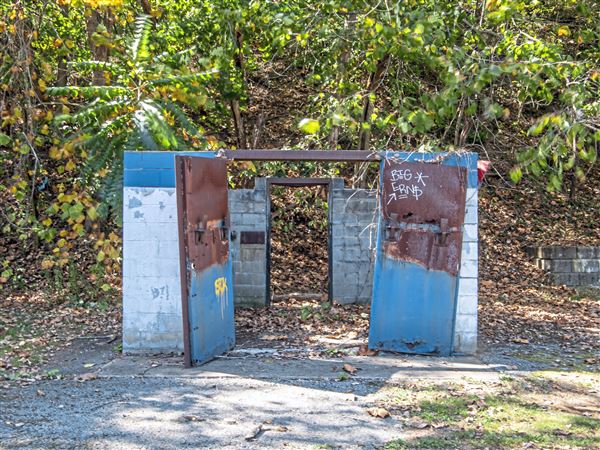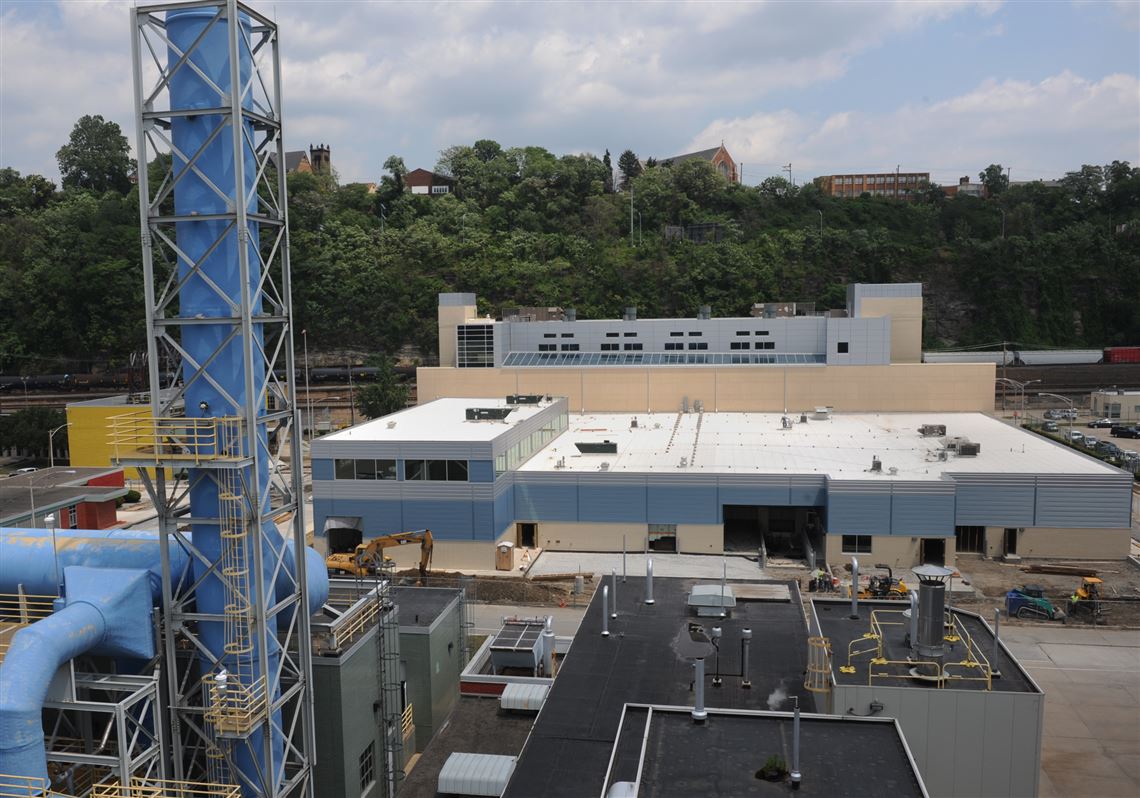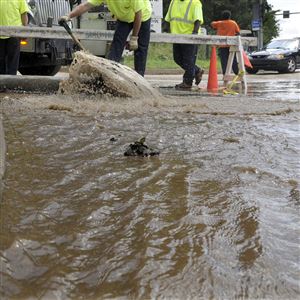An amended plan to end the Allegheny County Sanitary Authority’s illegal stormwater and untreated sewage discharges into the region’s rivers and streams, and significantly reduce other wet weather pollution, is inching toward an agreement.
Negotiations on plan revisions have dragged on for more than three years, but the U.S. Environmental Protection Agency hopes a draft amendment sent to Alcosan two weeks ago will settle matters still in dispute.
David Sternberg, an EPA spokesman, confirmed that consent decree modifications were part of an email sent to Alcosan on May 23 by the U.S. Department of Justice, which would file any amendments to the 2008 federal court-approved consent order. That order requires Alcosan to end illegal overflows from 53 sanitary sewers and reduce most of the discharges from 153 combined sewer outfalls.
“We are hopeful that this will resolve any remaining issues so that we can move forward with restoring the three rivers,” Mr. Sternberg wrote in an email response to questions from the Pittsburgh Post-Gazette.
He would not release a copy of the draft amendment, saying it is not considered a public document.
Jeanne Clark, an Alcosan spokeswoman, confirmed that the authority has received the EPA’s letter and is “moving forward.” She also would not provide a copy to the newspaper.
“We are currently reviewing it with counsel and will be reporting the information to our board,” she said. “We will be developing our response to the agency and hope to meet with the regulators in the near future.”
Negotiations began on amending the consent order in 2014 after the EPA judged Alcosan’s stormwater control plan deficient because it did not reduce or treat enough of the 9 billion gallons of wet weather discharges dumped into the region’s rivers each year.
In March 2016, the EPA proposed modifications to the original consent order that signaled it would approve “green” infrastructure — wetlands, green roofs, neighborhood green spaces and permeable pavements — to capture stormwater where it falls, and replace or reduce installation of “gray” concrete storage tunnels
The EPA also said it was willing to extend by more than a decade the authority’s 2026 deadline for completing the required water quality improvements.
That would spread out the financial burden on Alcosan customers, in 82 member municipalities and the city of Pittsburgh, who will pay for the improvements. They are expected to cost $2 billion, including a $300 million expansion of the authority’s Woods Run treatment plant along the Ohio River.
The latest EPA draft amendment is the result of numerous exchanges with Alcosan, and it contains a provision that allows Alcosan to propose modifications to the agreement to take advantage of any new technology or materials.
Jennifer Kennedy, director of the Clean Rivers Campaign and a member of Pittsburgh United, a citizens group that has advocated for a green-first approach to the region’s sewer problems, said including an adaptive management provision would encourage the authority to take advantage of more sustainable technologies.
“That would be consistent with what we’ve been advocating,” Ms. Kennedy said, “and we would definitely hope to see green infrastructure and adaptive management as part of the final plan.”
Don Hopey: dhopey@post-gazette.com, 412-263-1983, or on Twitter @donhopey.
First Published: June 7, 2017, 4:00 a.m.


















